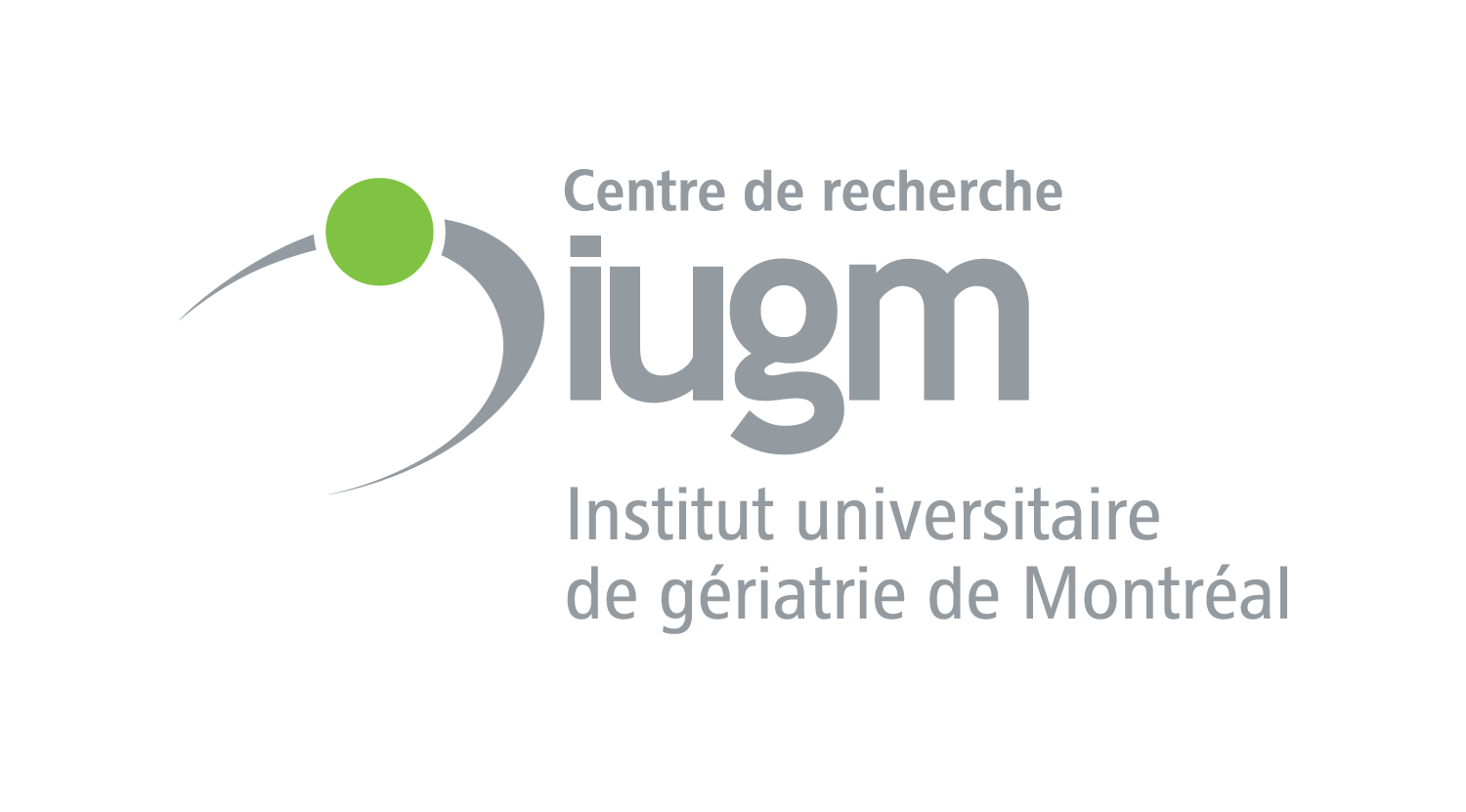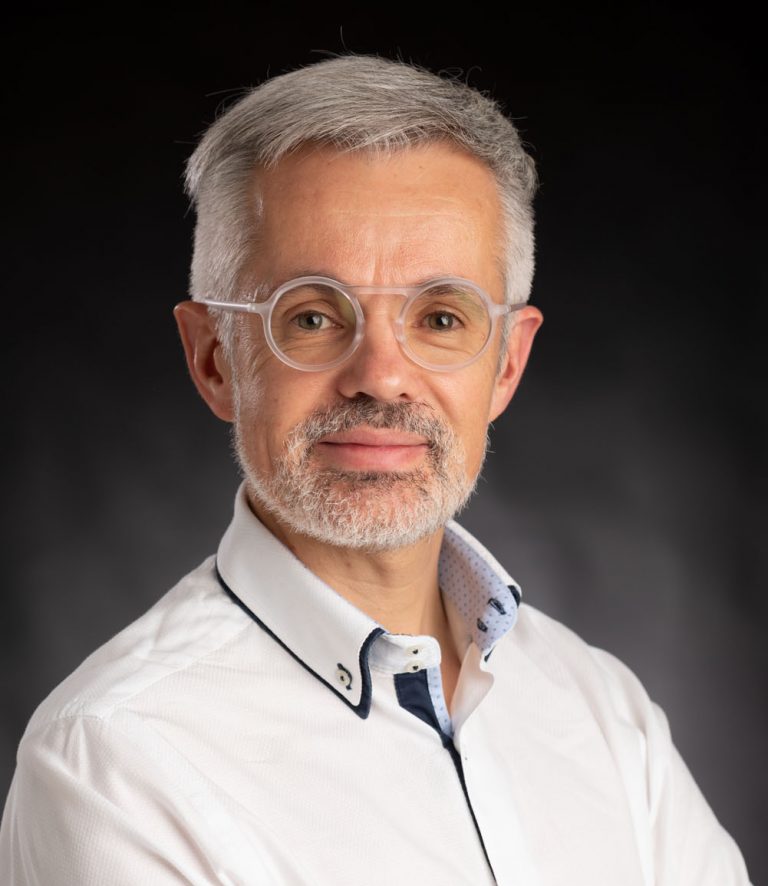The Research Centre of the University Institute of Geriatrics of Montreal (CRIUGM) of the CIUSSS du Centre Sud de l’île de Montréal (CCSMTL) is pleased to announce that Dr. Olivier Beauchet, a geriatrician and neurologist, and his collaborators laboratory director at the CRIUGM and full professor at the Faculty of Medicine of the Université de Montréal – and his collaborators*, of a grant from the Fonds de recherche du Québec-santé (FRQS) for the development of the Impulsion research program, seniors awaiting care by the SAPA program-services: Evaluation of the intervention of a new partner – The Quebec Red Cross.
The coronavirus pandemic has weakened the health status of seniors living at home and increased the number of seniors requiring supportive care services. At the same time, the Support for Independent Living (SAPA) programs that provide supportive services and care in the home are facing difficulties, such as a lack of personnel, that delay the care of frail seniors. This combination of factors has resulted in increased wait times for supportive home care services for seniors on the SAPA access desk waiting lists.
During this pandemic period, the Quebec Red Cross has set up community action programs to support vulnerable people. In the first quarter of 2021, it has developed a partnership with the CCSMTL to intervene with seniors on the waiting list of the GACO (guichet d’accès des clientèles orphelines). The Impulse project will then analyze the effects of the Red Cross intervention with this elderly clientele with the use of a clinical tool for Socio-Geriatric Evaluation and Orientation called “ESOGER”.
This tool takes the form of a simple questionnaire, accessible on a secure digital platform. It allows for a quick and remote assessment and intervention during a phone call by a community organization’s worker with the senior and/or their caregiver. This involves: (1) determining whether or not essential health and social needs are being met, (2) offering recommendations for interventions provided by community workers, (3) referring seniors and linking them to the community agencies they need most.
This new community program responds to the need for rapid care of the frail elderly on the CCSMTL GACO waiting list. It should also help re-establish the continuum of services and supportive care in the home, and fight against the weakening of health and the progression of loss of autonomy among seniors. In this way, the quality of life of the latter can be improved and the financial costs of Care and Social Services (CSS) can be reduced.
*Principal Investigators:
Nadia Sourial, researcher at the CRCHUM, assistant professor-researcher at the Department of Family Medicine and Emergency Medicine, Université de Montréal and at the Centre de recherche du Centre hospitalier de l’Université de Montréal (CHUM)
Sylvie Verrier, Director of Community Health at the Canadian Red Cross
Mylaine Breton, Professor, Faculty of Medicine and Health Sciences, FMSS Department of Community Health Sciences
Paul Hébert, Full Professor, Faculty of Medicine, Université de Montréal

